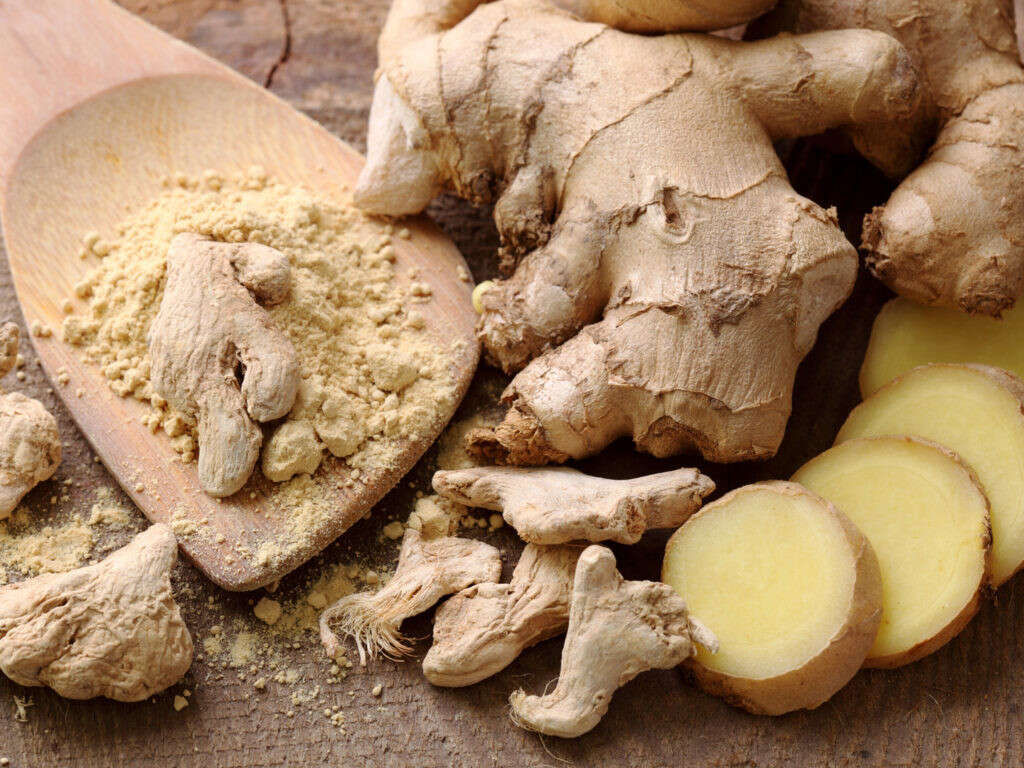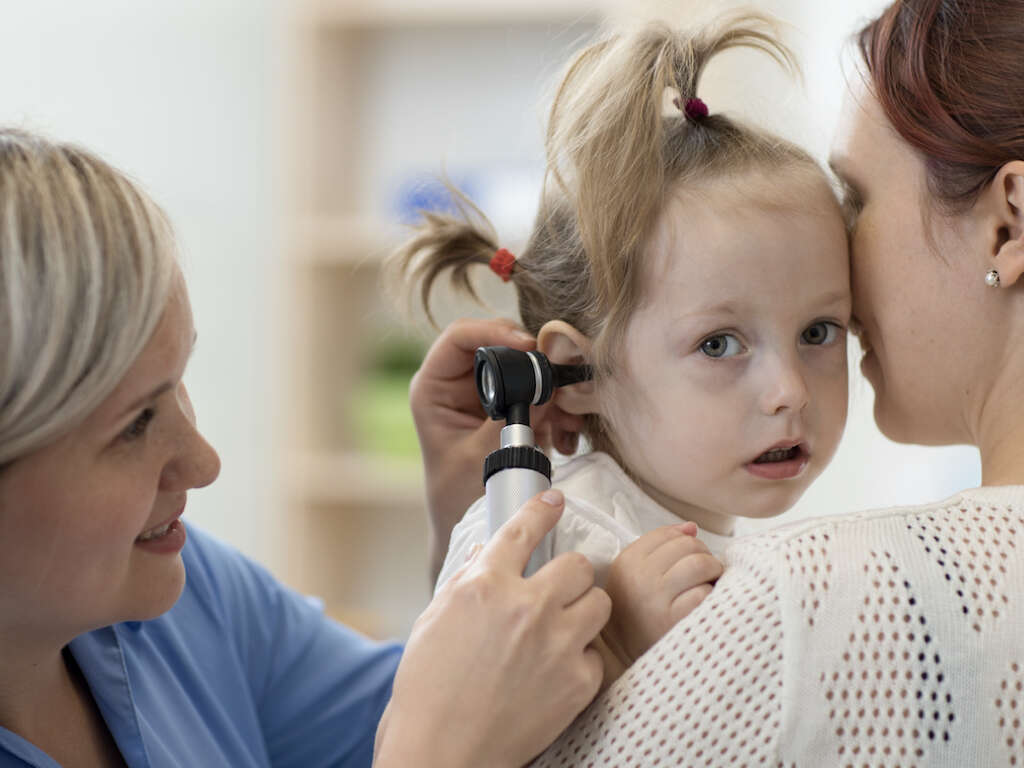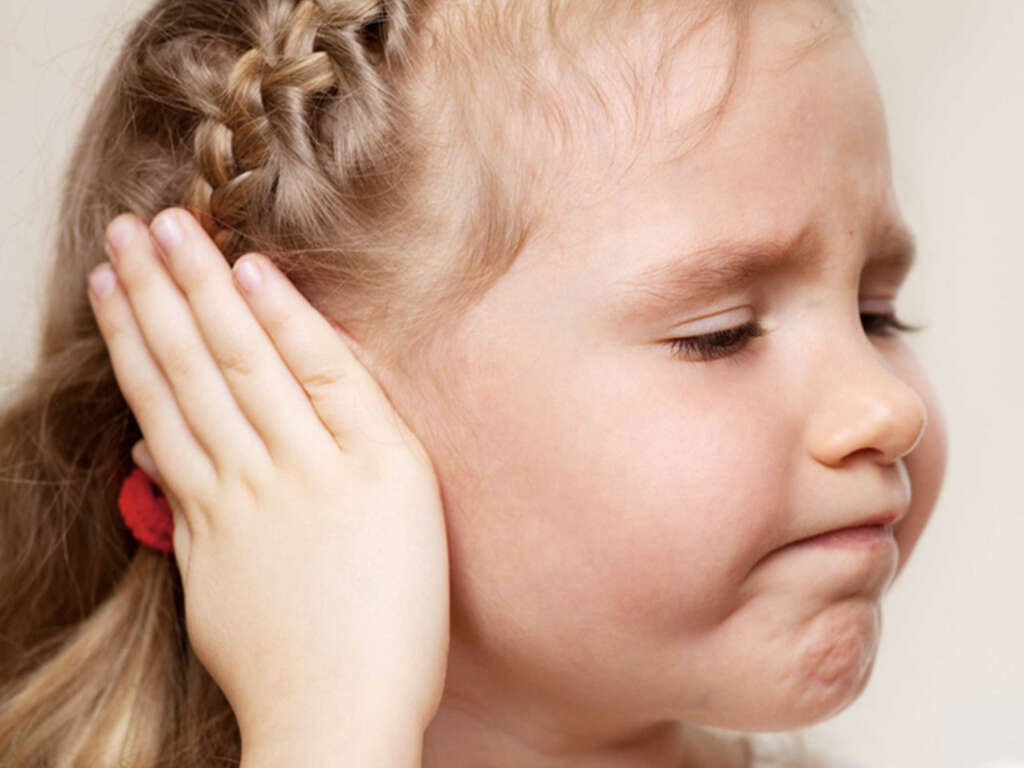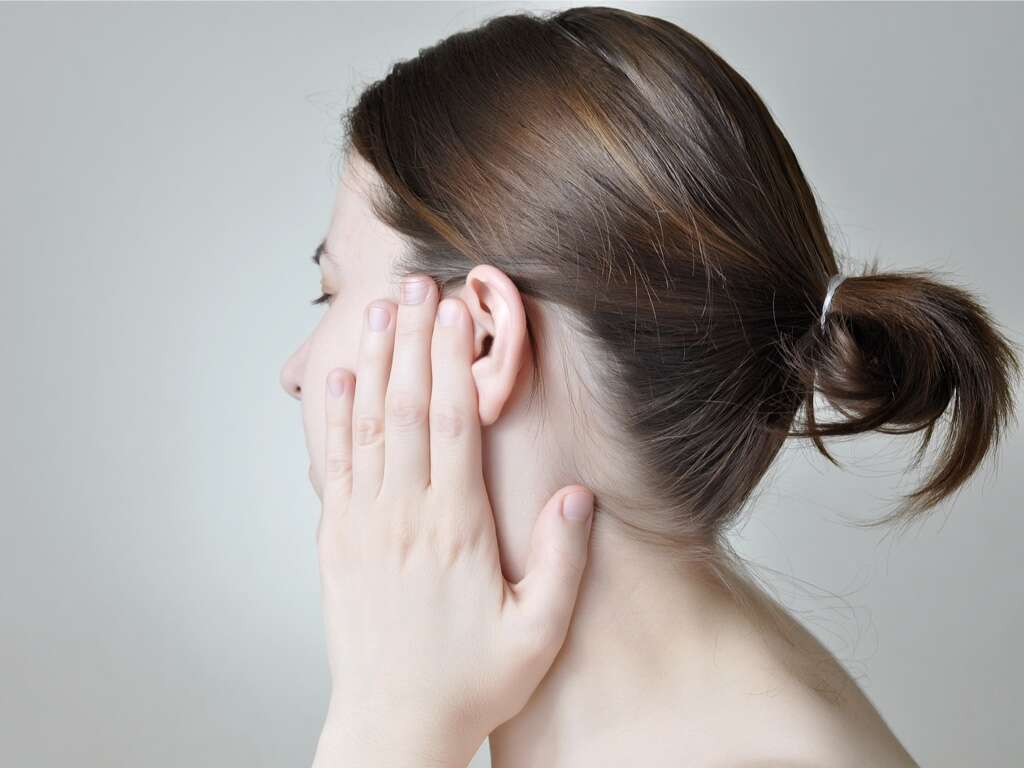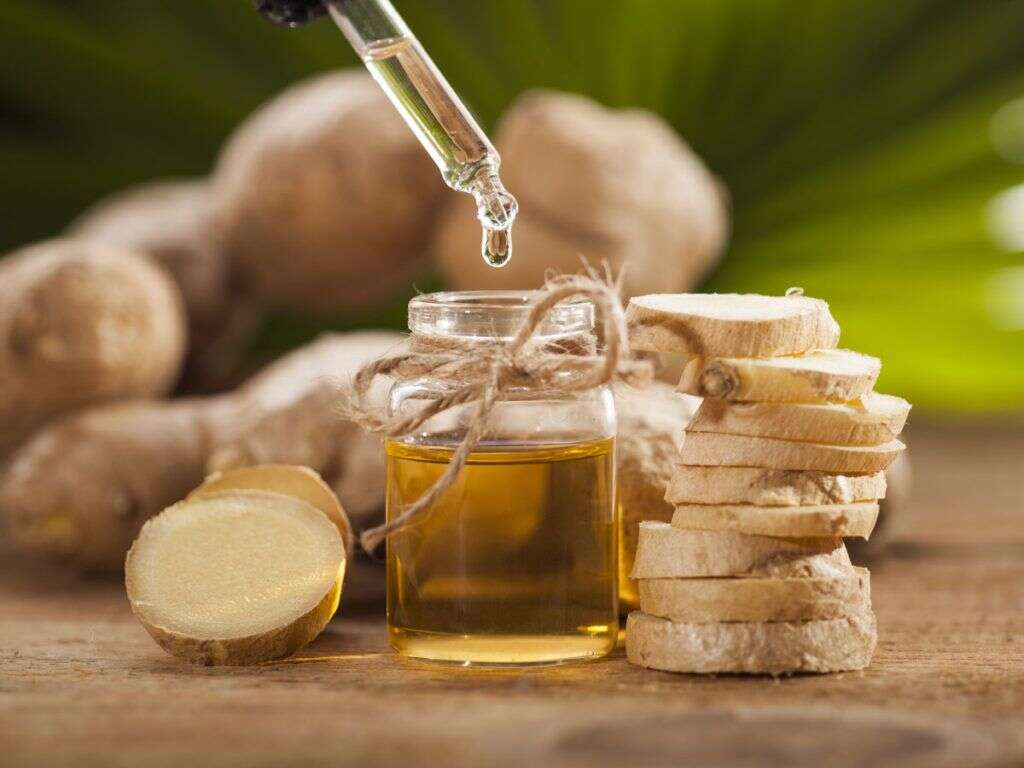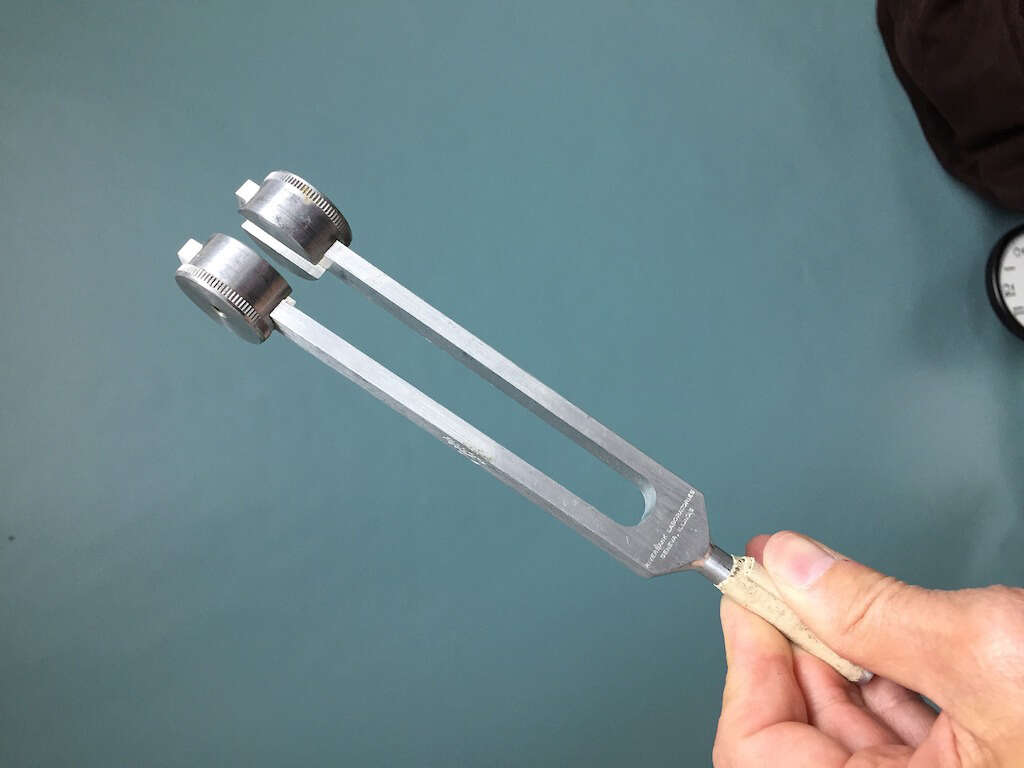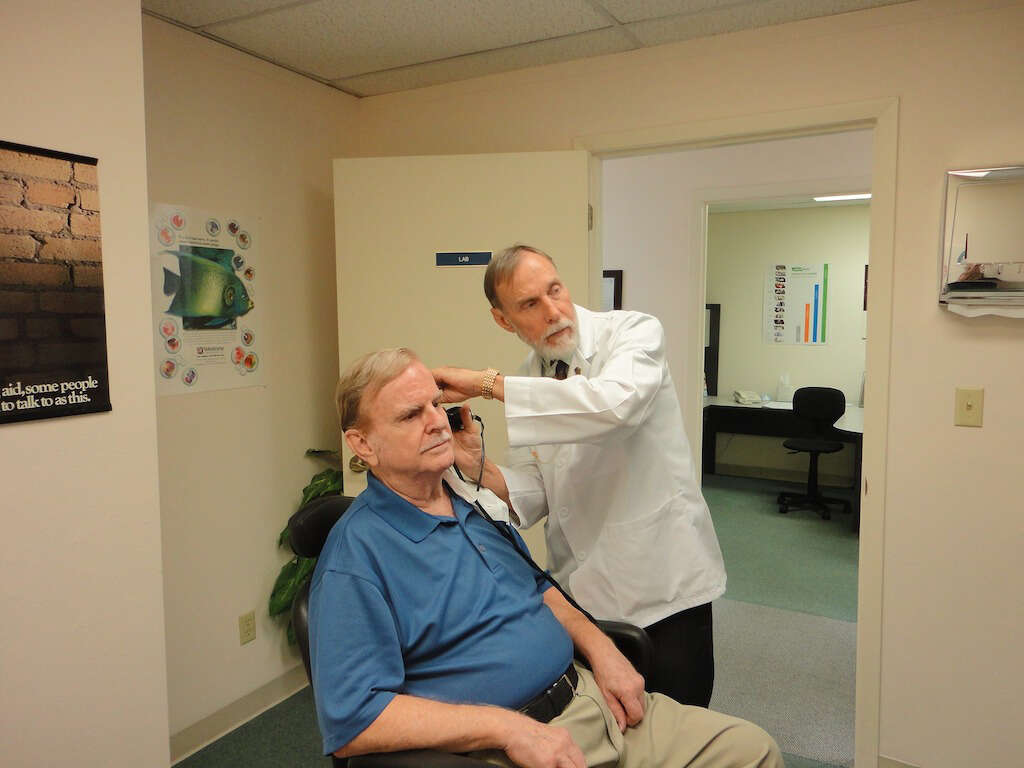10 Home Remedies For Ear Infections
Ear infections are most commonly caused by bacteria, viruses, and fungi that get trapped in the ear. It is more common among children compared to adults.
Some conditions that may increase the risk of an ear infection are eczema, type 2 diabetes, psoriasis, and individuals who have a weakened immune system. Associated symptoms include a fever, ear discharge, and loss of balance.
An ear infection can cause significant pain, which usually resolves on its own. Below are 10 home remedies that you can try to reduce the symptoms of an ear infection. If it does not resolve after three days, you should see a doctor.
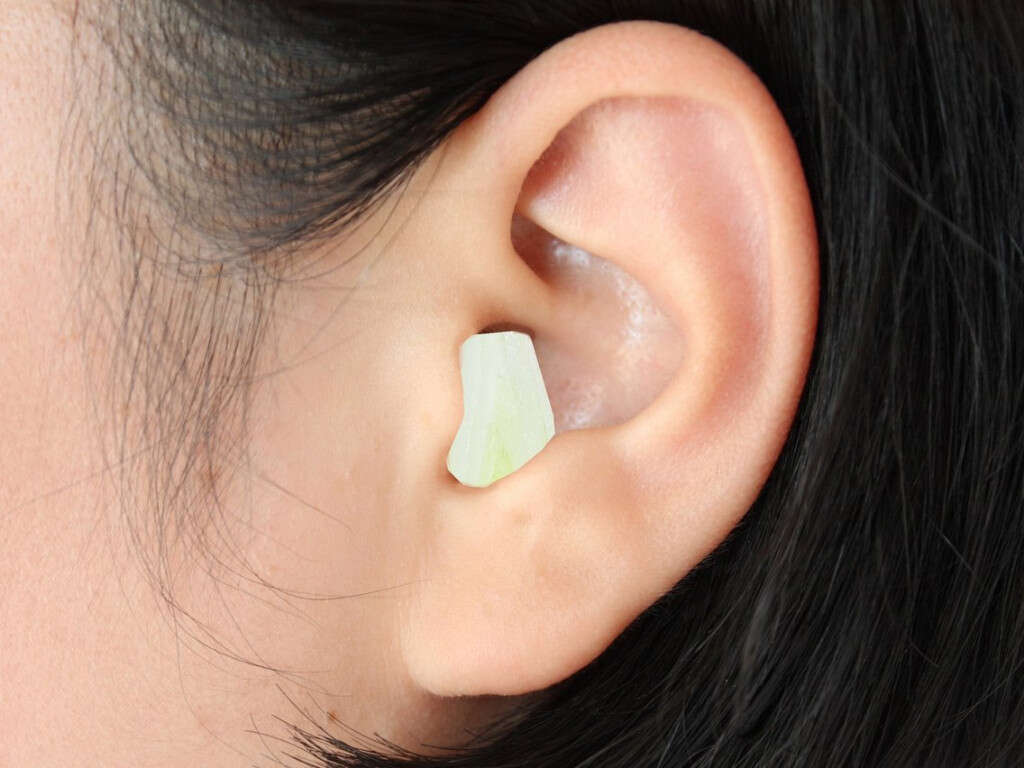
Remedy #1: Cold or Warm Compress
The compress can be prepared by soaking a washcloth in water that is cold or warm. Wring the washcloth and place it over the affected ear. Both temperatures are acceptable. While some recommend alternating both cold and warm compresses, those who prefer one temperature over the other can continue with just one compress.
It is especially helpful if there is pain associated with the ear infection. A cold compress helps to reduce the warmth and inflammation while a warm compress can help increase blood circulation to accelerate healing.
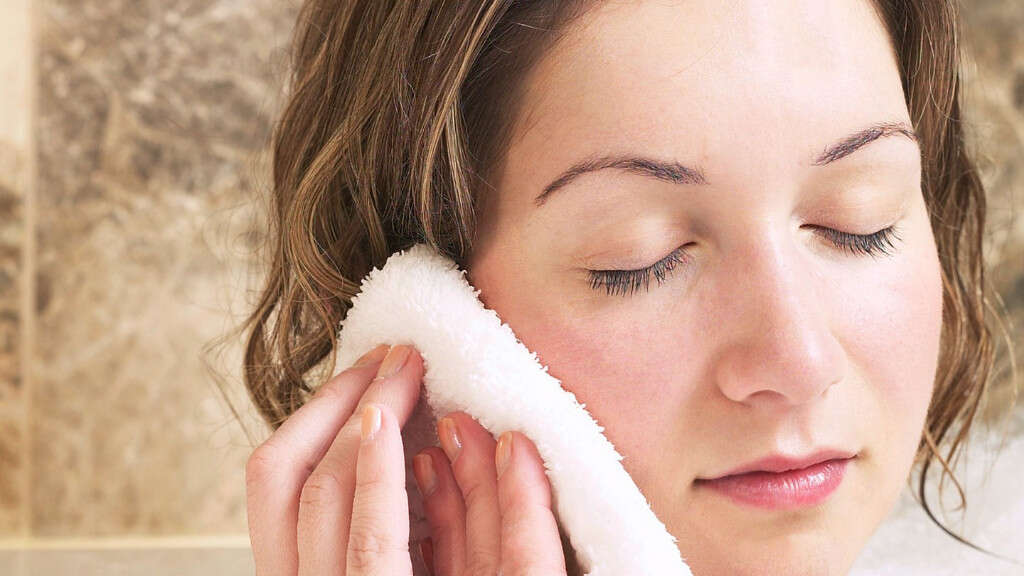
Remedy #2: Olive Oil
Olive oil is obtained through the pressing of whole olives. Olive oil is commonly used as a salad dressing, in cooking, in pharmaceuticals, in cosmetics, as fuel for traditional oil lamps, and it can also be used in some religions. Some experts believe that olive oil can be beneficial in the improvement of cardiovascular health and lowering the risk of disease such as type 2 diabetes and breast cancer. Olive oil has also been used to help reduce ear pain.
It is a commonly used folk remedy despite having little scientific evidence to prove that it may help. However, according to a study published in the American Academy of Pediatrics, putting a few drops of warm olive oil in the ear is safe and may be moderately effective. Before trying this method (especially with children), it is a good idea to consult your primary care physician. Ensure that the olive oil is not warmer than your body temperature to avoid burns.
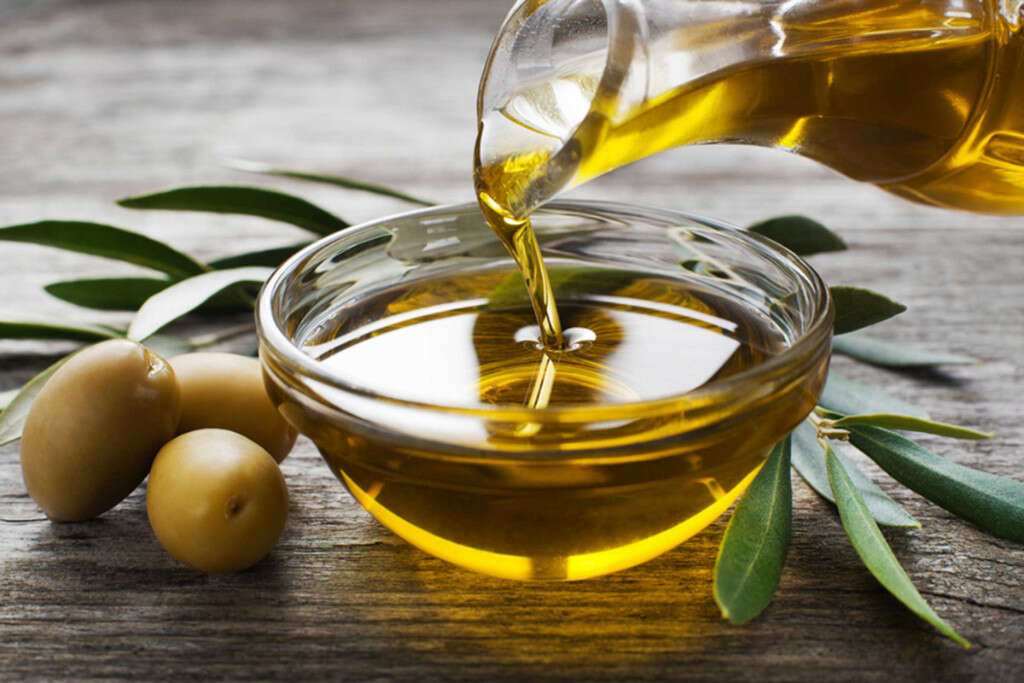
Remedy #3: Garlic
Garlic is used in traditional medicine and as a food flavoring. Studies found that the consumption of garlic can help reduce the likelihood of some cancers of the upper gastrointestinal tract. There is also some (although limited) evidence that high consumption of garlic can reduce the risk of prostate cancer.
Due to the antiviral and antibacterial properties of garlic oil, it can be beneficial as a remedy for ear infections. Garlic oil can be made by crushing garlic in a tablespoon of olive oil, infusing it, and running it through a sieve. About 3 to 4 drops of the oil can be used in the affected ear 3 to 4 times a day. Consult a doctor before trying the remedy, especially if it is intended for children.

Remedy #4: Hydrogen Peroxide
Hydrogen peroxide is a chemical compound used as an antiseptic, oxidizer, and bleaching agent. In alternative medicine, hydrogen peroxide has been used for influenza, emphysema, cancer, and acquired immunodeficiency syndrome (AIDS). This practice involves the daily consumption or injection of hydrogen peroxide as they believe that it kills disease by mimicking the immune response.
In an ear infection, the fizzing action is thought to clean the ear canal by killing yeasts, fungi, and bacteria. The concentration or strength of hydrogen peroxide can be reduced by 1.5 percent through the addition of saline. The solution is then dropped into the ear. During the first few treatments, it can cause discomfort. The solution should be tipped out immediately after to minimize the discomfort. Once the ear is used to the solution, it can be left in the ear for 30 seconds before it is tipped out. The solution should only be used at body temperature.
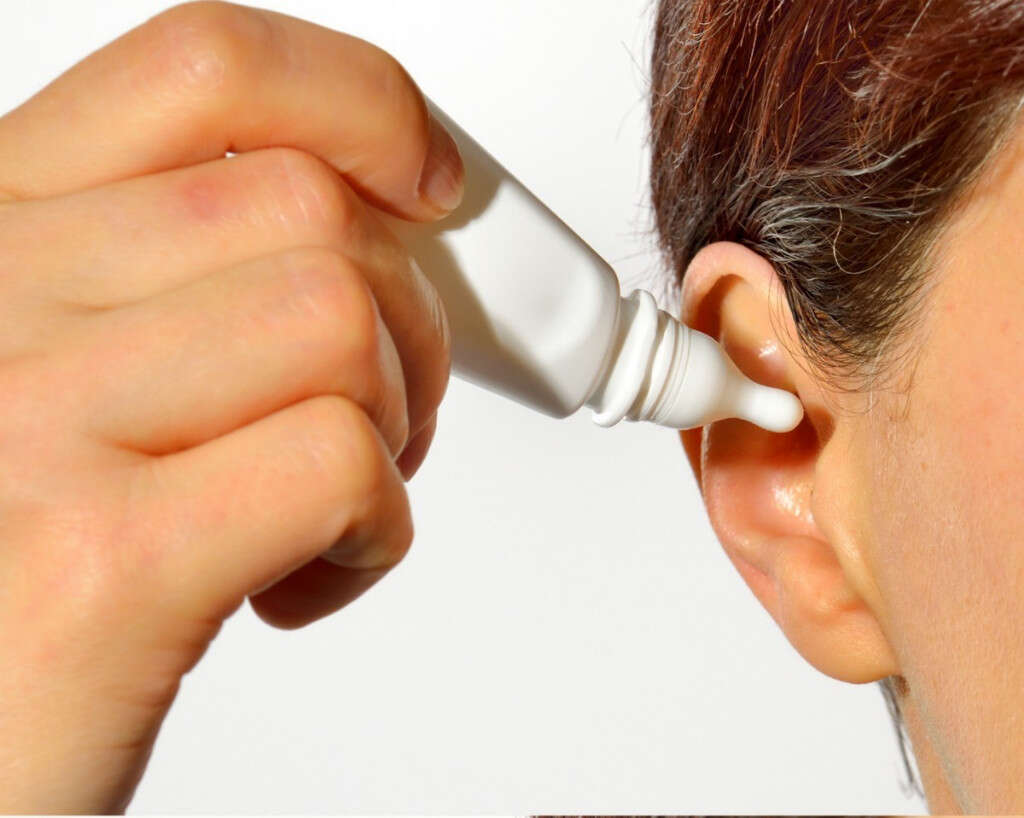
Remedy #5: Naturopathic Drops
Naturopathic medicine is a type of alternative medicine where natural and noninvasive measures are used. The methods and ideology used are based on folk medicine and vitalism.
While naturopathic medicine is mostly considered by medical professionals to be ineffective, a study on naturopathic ear drops for patients with ear pain found that those given ear drops had a significant improvement after 3 days. These ear drops are made from herbal extracts and can be found in drug stores. They are also available online. An older study also reported that drops made from herbal extracts in an olive oil base may be more or as effective as other over-the-counter ear drops.
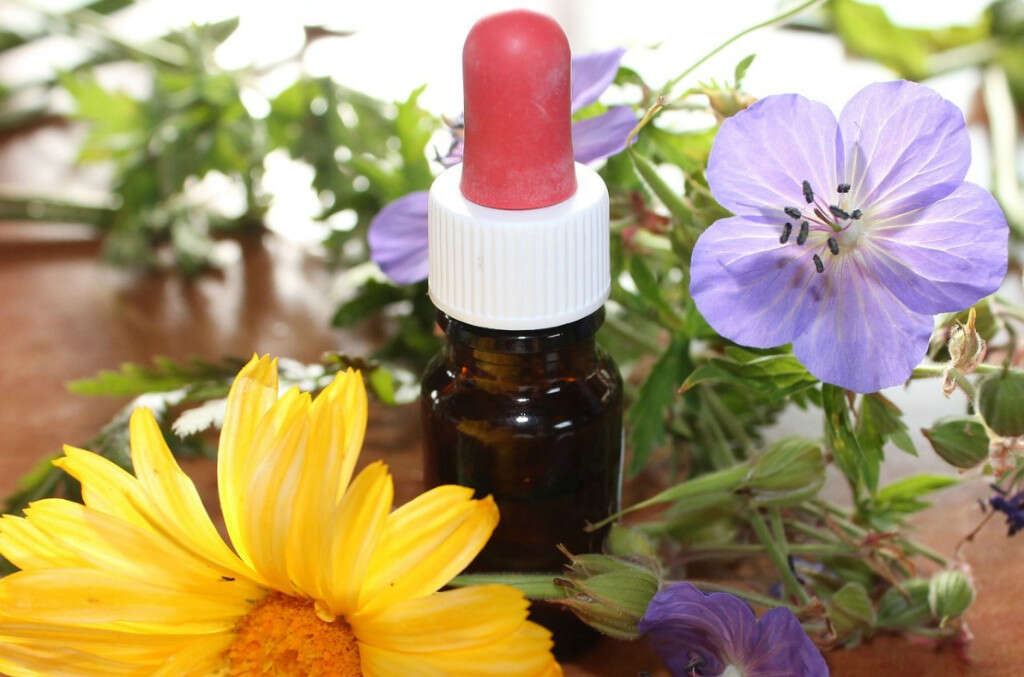
Remedy #6: Apple Cider Vinegar
Apple cider vinegar is made from fermented apple juice. It can be used in food preservatives, salad dressings, chutneys, and marinades. It has been used in traditional medicine for skin infections and weight loss. However, there is no clinical evidence available for these purposes.
Despite having no evidence to prove it helps with ear infections, apple cider vinegar contains acetic acid, which has antibacterial properties. One study showed that it kills fungi while another found it can be effective against viruses, bacteria, and fungi. Although it should not replace a doctor’s visit or other prescribed treatments for an ear infection, apple cider vinegar can be beneficial as a remedy for mild ear infections.

Remedy #7: Neck Exercises
Excessive pressure in the ear canal can cause pain. Neck exercises can be beneficial for those with an ear infection as it may help to relieve pressure. Neck exercises can also help relax the muscles in the jaw, helping to relieve pressure in the ear. Some basic moves include lowering the jaw while placing both hands on the side of the neck. Neck extension and neck rotation can also be beneficial.
These exercises should be used in conjunction with other medications and doctor recommendations to ensure that the ear infection does not worsen.

Remedy #8: Onion Compress
While the idea of an onion compress being beneficial for an ear infection may seem unlikely, there are many mothers on the internet who recommend it as an effective remedy for an ear infection. Although the science behind it is inconclusive, many parents insist that the juice and onion work well. This remedy dates back to at least the nineteenth century. Some think that the flavonoid quercetin could be involved as studies have found that quercetin has anti-inflammatory properties.
The onion should be heated up and the juice should be extracted. It can then be dropped into the affected ear. Like other natural remedies, consult a doctor before trying the remedy. Another method is to cut the onion in half and heat it up using olive oil. Once cooled, pour it onto a cotton cloth, wrap it, and place the compress over the ear allowing the juice to flow into the ear. It should be left on for 10 to 15 minutes and can be repeated every 3 to 4 hours.
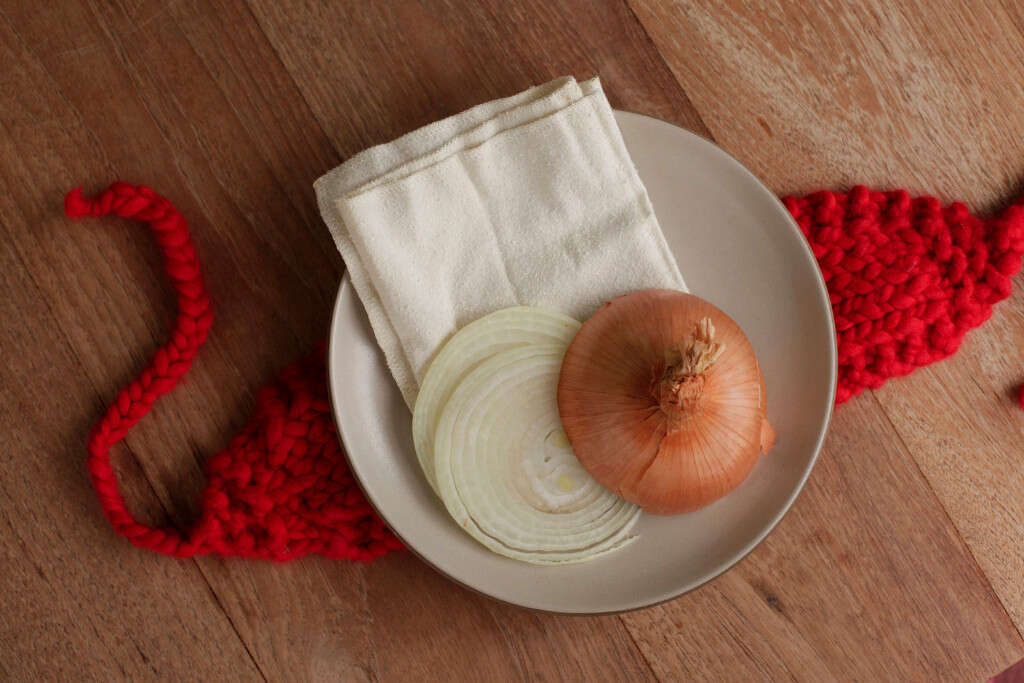
Remedy #9: Tea Tree Oil
Tea tree oil, ti tree oil, or melaleuca oil comes from leaves of the Melaleuca alternifolia tree, which is native to certain regions in Australia. It is an essential oil with a pale yellowish color and fresh camphoraceous odor. Tea tree oil has many uses in traditional medicine ranging from treatment of a fungal infection on the skin to acne. It should not be ingested as it can cause vomiting, diarrhea, confusion, coma, weakness, hallucinations, and rashes.
Due to its anti-inflammatory, antibacterial, antifungal, and antiseptic properties, it is also sometimes used as ear drops to help relieve ear pain and discomfort. To reduce the risk of sensitivity, tea tree oil can be mixed with some olive oil before being used as ear drops.
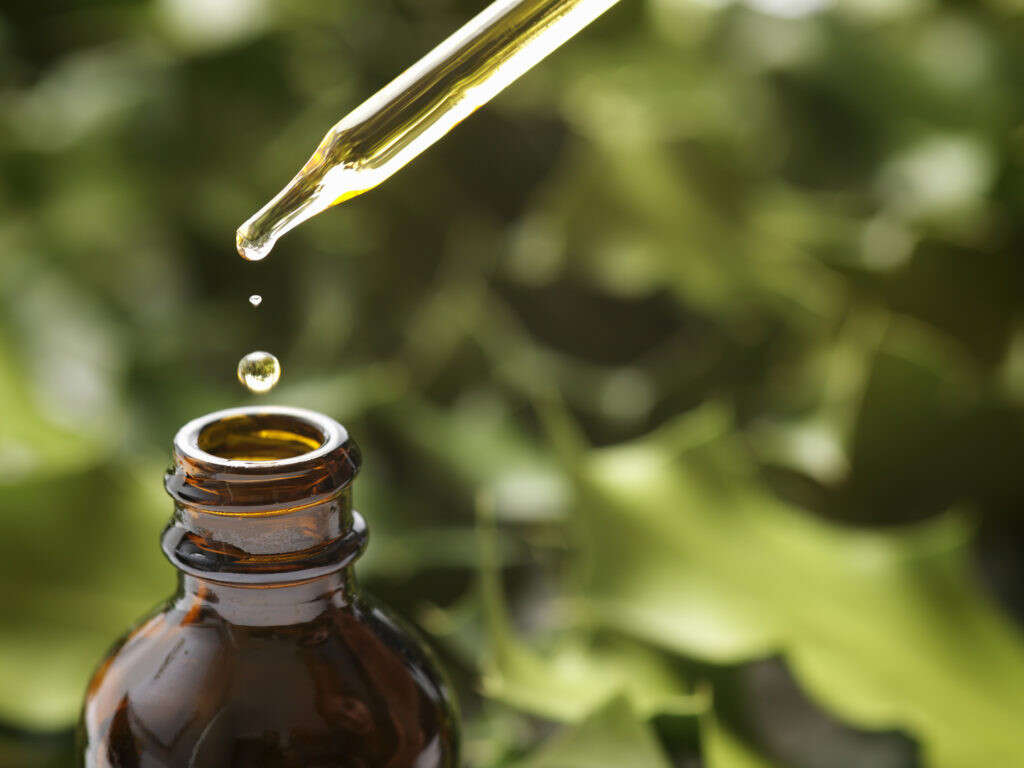
Remedy #10: Ginger
Ginger is a plant where the root is widely used in folk medicine and spice. While the evidence is inconsistent, there are some researches showing that it can help alleviate nausea and vomiting in pregnancy and chemotherapy. Generally safe, ginger may cause some side effects such as rash and heartburn.
In an ear infection, ginger may be beneficial as it can be used to relieve pain. The ginger can be minced or crushed and added to a tablespoon of olive oil. After it has been infused for 15 minutes, it can be sieved. Like garlic oil, ginger oil can be dropped into each affected ear 3 to 4 times a day. Consult with a doctor before use.
